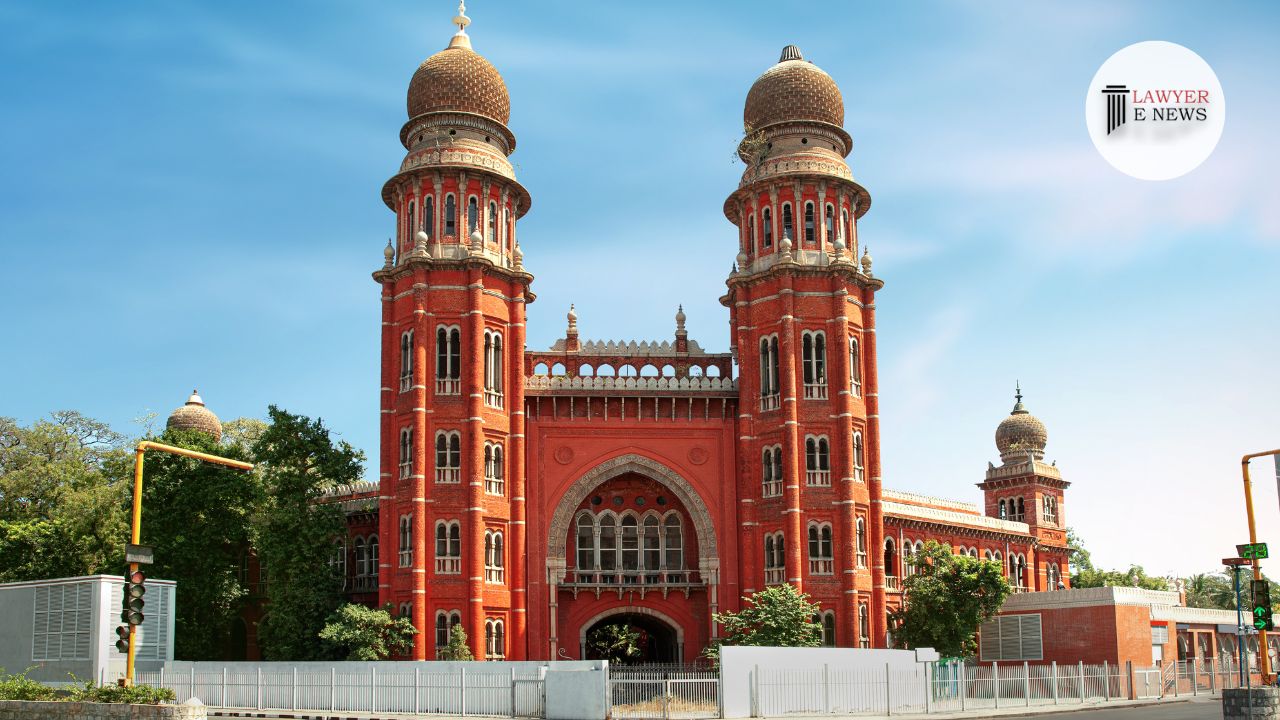-
by Admin
15 February 2026 5:35 AM



Madurai Bench of the Madras High Court in M. Rajasundari & Ors. vs. S. Rajkumar & Ors. overturned a lower court's decision that dismissed a suit on the ground of limitation, emphasizing that an innocent litigant cannot be penalized for the negligence of their advocate. The Court restored the plaintiffs’ suit seeking specific performance of a sale agreement and directed the trial court to proceed with the case.
Key Judgment Highlight: Justice L. Victoria Gowri noted, "It is a settled proposition of law that the litigant should not suffer for the mistakes, error, or negligence of the advocate on record. The appellants are hapless litigants who have suffered in the hands of the late Advocate L. Subramaniam."
The plaintiffs, M. Rajasundari and others, sought specific performance of a contract for the sale of property based on an agreement between the deceased K.S.N. Manoharan and the first defendant, Silendran. The property in question was handed over to Manoharan after the payment of the sale consideration, and the plaintiffs had inherited the rights following his death.
After Manoharan's death in 2005, the plaintiffs claimed the defendants delayed executing the sale deed. In 2008, they approached their advocate to file a suit for specific performance. However, due to the advocate's negligence, the suit was not refiled after it was initially returned for correction. The plaintiffs remained unaware of the case's status until 2014, after the advocate’s death, when they discovered the suit had never been represented.
The key legal issue before the court was whether the suit filed in 2014 was barred by the law of limitation, as the plaintiffs had delayed filing by several years. The trial court had rejected the suit on this ground under Order 7 Rule 11 of the Code of Civil Procedure, 1908, without framing issues or considering the merits of the case.
The High Court found that the delay was due to the advocate’s negligence, which misled the plaintiffs into believing the suit was pending. The court emphasized that an innocent litigant cannot be punished for their lawyer’s default, referencing multiple legal precedents that protect litigants from such situations.
The court also pointed out that limitation is a mixed question of law and fact, and the trial court should have framed issues and conducted a proper trial to decide the case on its merits. It noted that the plaintiffs had disclosed a cause of action, and the case could not be dismissed at the threshold under Order 7 Rule 11.
The High Court set aside the trial court's judgment and directed that the suit be restored. It further instructed the trial court to conduct the trial expeditiously within six months.
Date of Decision: May 30, 2024
